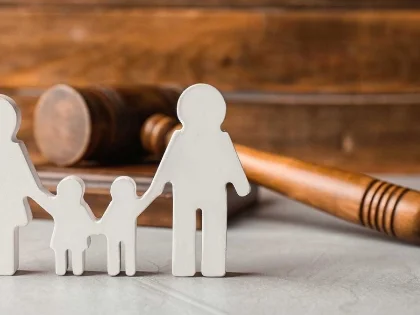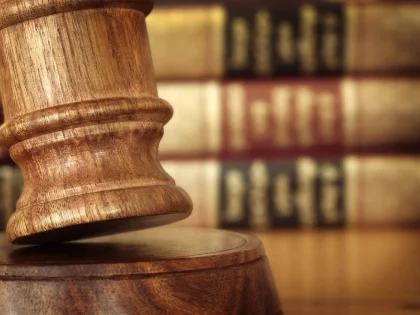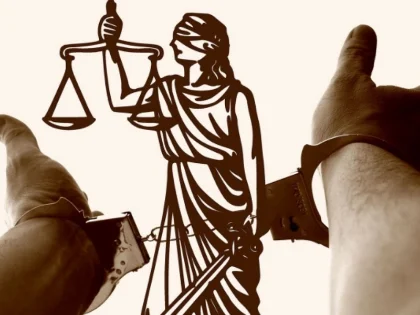Understanding The Legal Implications Of Social Media
Social media offers an uncensored platform for personal expression, but it also has certain legal risks. Knowing the legal ramifications of social media is critical because it can influence public opinion and be used as evidence in criminal and civil cases. Content shared on the internet may violate trademarks and copyrights. Overzealous workers may say derogatory things about the goods and services of rival companies, which could result in legal action and liability.
Defamation
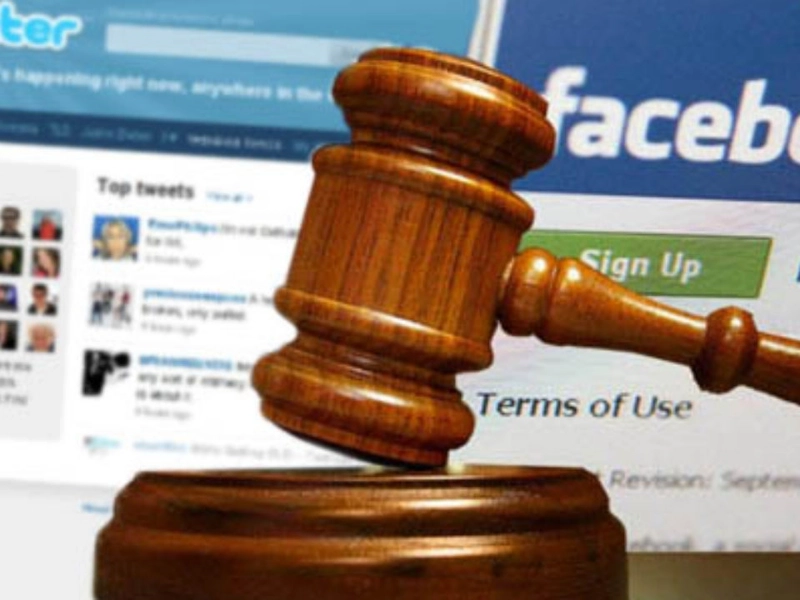
Confidentiality
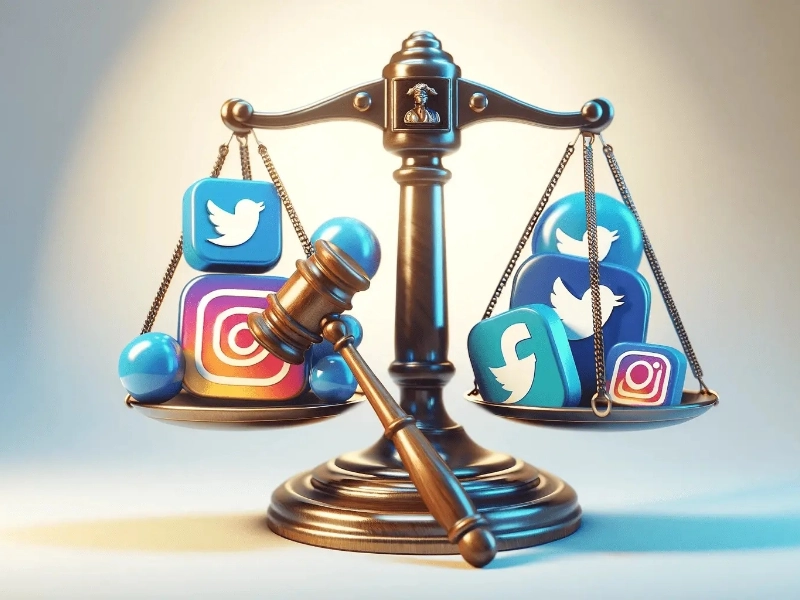 Many people are not aware that the things they publish on social media could have legal repercussions. By implementing a strong internal policy, businesses can monitor the content of posts made by both current and former employees and avoid legal issues. Furthermore, during legal proceedings, social media networks are not exempt from subpoenas or discovery procedures.
Many people are not aware that the things they publish on social media could have legal repercussions. By implementing a strong internal policy, businesses can monitor the content of posts made by both current and former employees and avoid legal issues. Furthermore, during legal proceedings, social media networks are not exempt from subpoenas or discovery procedures.
Confidentiality
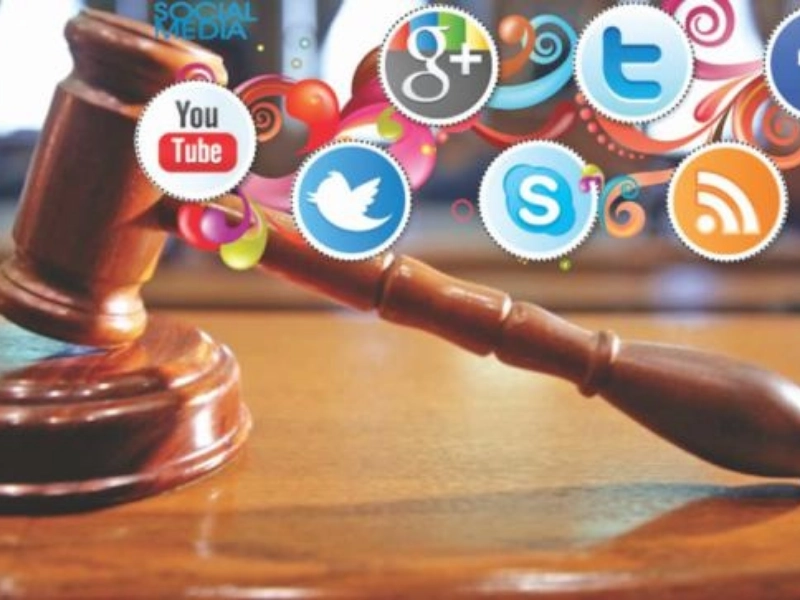 Social media networks collect a vast amount of personal data and sell it to advertisers, which exacerbates privacy concerns related to social media. Lawsuits contesting these tactics as unconstitutional are currently making their way through the legal system, citing several fundamental privacy rights violated by this action.
Furthermore, the same issue that has always plagued email—unintentional publication of private information—can also arise on social media, particularly in cases where communications are directed at groups rather than specific people. Colleges and schools must stay up-to-date on this issue's evolving corpus of legal case law in order to handle social media issues in a way that complies with the law.
Social media networks collect a vast amount of personal data and sell it to advertisers, which exacerbates privacy concerns related to social media. Lawsuits contesting these tactics as unconstitutional are currently making their way through the legal system, citing several fundamental privacy rights violated by this action.
Furthermore, the same issue that has always plagued email—unintentional publication of private information—can also arise on social media, particularly in cases where communications are directed at groups rather than specific people. Colleges and schools must stay up-to-date on this issue's evolving corpus of legal case law in order to handle social media issues in a way that complies with the law.
Intellectual Assets
 The new social media era has given rise to a variety of legal entanglements and problems. Experts in social media law can assist people who are the target of lawsuits involving intellectual property, defamation, or privacy arising from their use of online services.
Copyrights, patents, trademarks, and other forms of intellectual property laws safeguard works of human creativity. A work's creator is considered its owner, but ownership can become murky depending on the situation.
For example, websites are not held accountable for content submitted by third parties under Section 230 of the Communications Decency Act. This protection does not apply to sites that produce or develop the disputed information. Social media users should therefore exercise caution when sharing any content from third parties that might be seen as infringing upon a trademark, copyright, or other intellectual property rights. One way to do this is to use pictures of sportsmen or celebrities whose endorsements go against their contracts with those organizations. It's also crucial to read the terms of service on any website one visits.
The new social media era has given rise to a variety of legal entanglements and problems. Experts in social media law can assist people who are the target of lawsuits involving intellectual property, defamation, or privacy arising from their use of online services.
Copyrights, patents, trademarks, and other forms of intellectual property laws safeguard works of human creativity. A work's creator is considered its owner, but ownership can become murky depending on the situation.
For example, websites are not held accountable for content submitted by third parties under Section 230 of the Communications Decency Act. This protection does not apply to sites that produce or develop the disputed information. Social media users should therefore exercise caution when sharing any content from third parties that might be seen as infringing upon a trademark, copyright, or other intellectual property rights. One way to do this is to use pictures of sportsmen or celebrities whose endorsements go against their contracts with those organizations. It's also crucial to read the terms of service on any website one visits.
Workplace
 Employers face several challenges when monitoring their employees' social media usage. Although many workers use social media platforms at work, it's not clear if an employer has the right to demand that employees reveal their login credentials so that these private accounts may be tracked. Furthermore, an employer may be held accountable for discrimination if a coworker discloses sexually harassing or disparaging information about an employee outside of the workplace, and the company was aware of it or had the opportunity to stop it by using its rights under federal and state privacy laws.
It's also critical to remember that employment-related background checks on a candidate's or employee's social media accounts may breach privacy rights and result in discrimination lawsuits. Therefore, it makes sense for employers to create explicit policies outlining expectations and guidelines regarding their access to employee electronic communications. This involves informing candidates and staff members about these policies. An attorney from Holland & Knight can help make casual discussions about social media between an employer and a candidate or employee more efficient and make sure that the company's procedures comply with privacy laws and other legal obligations.
Employers face several challenges when monitoring their employees' social media usage. Although many workers use social media platforms at work, it's not clear if an employer has the right to demand that employees reveal their login credentials so that these private accounts may be tracked. Furthermore, an employer may be held accountable for discrimination if a coworker discloses sexually harassing or disparaging information about an employee outside of the workplace, and the company was aware of it or had the opportunity to stop it by using its rights under federal and state privacy laws.
It's also critical to remember that employment-related background checks on a candidate's or employee's social media accounts may breach privacy rights and result in discrimination lawsuits. Therefore, it makes sense for employers to create explicit policies outlining expectations and guidelines regarding their access to employee electronic communications. This involves informing candidates and staff members about these policies. An attorney from Holland & Knight can help make casual discussions about social media between an employer and a candidate or employee more efficient and make sure that the company's procedures comply with privacy laws and other legal obligations.





